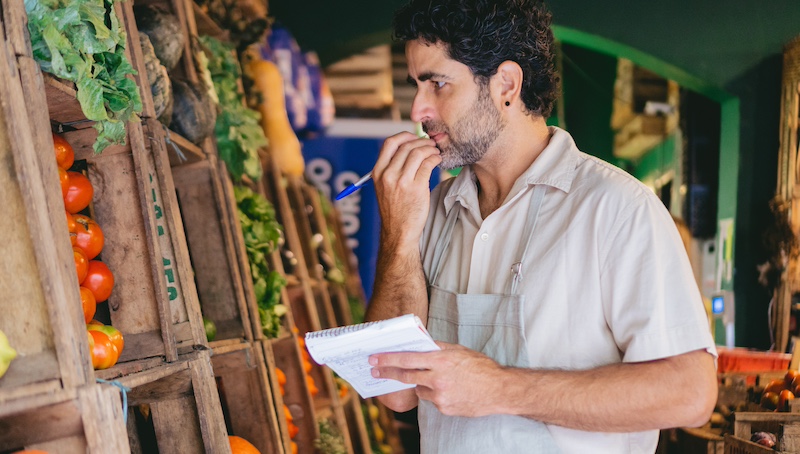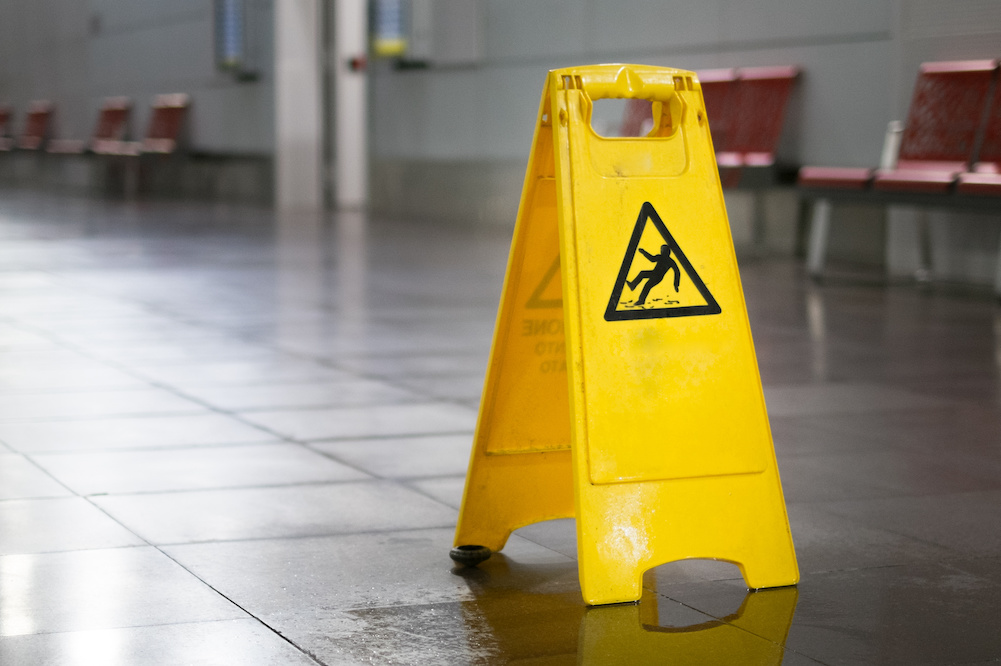Small business insurance in Georgia can help business owners protect themselves, their employees and their livelihood. And sometimes it’s required by law to operate, get a commercial lease or bid on jobs.
From Savannah to Atlanta and all places in-between, NEXT specializes in small businesses. We make it fast, easy and affordable to get Georgia commercial insurance coverage customized for your business.
Business liability insurance in GA can help protect from losses around:
- Injuries
- Property damage
- Medical expenses
- Theft, burglary and vandalism
- Fire damage and storm damage
- Equipment failures
- Vehicle collisions
- And more
NEXT can help you check prices, get covered and buy 100% online in about 10 minutes.
Manage your insurance policy 24/7 via web or mobile app, and get unlimited certificates of insurance (proof of insurance) at no extra cost.
















